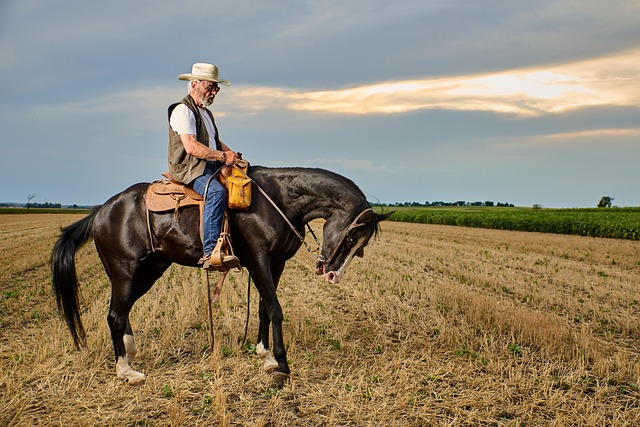
Overview of Django Unchained
Django Unchained is a 2012 film directed by Quentin Tarantino that blends elements of the Western genre with a powerful narrative centered on themes of freedom and revenge. The film is set in the pre-Civil War United States and follows the story of Django, a freed slave, who partners with a bounty hunter to rescue his wife from a brutal plantation owner. Tarantino's unique storytelling style and sharp dialogue contribute to the film's critical acclaim and commercial success.
Development and Production
The development of Django Unchained began in 2007 when Tarantino was researching for a book on Italian filmmaker Sergio Corbucci, known for his work in the Spaghetti Western genre. By April 2011, Tarantino had completed the script and submitted it to The Weinstein Company. The casting process began shortly thereafter, with actors like Michael K. Williams and Will Smith initially considered for the lead role before Jamie Foxx was ultimately cast as Django.
Premiere and Release
Django Unchained premiered at the Ziegfeld Theatre in New York City on December 11, 2012, and was released theatrically in the United States on December 25 of the same year. The film was distributed internationally by Sony Pictures Releasing International. Its release coincided with the holiday season, which helped it gain significant attention and box office success.
Cast and Characters
The film features a strong ensemble cast, including:
- Jamie Foxx as Django Freeman
- Christoph Waltz as Dr. King Schultz
- Leonardo DiCaprio as Calvin Candie
- Kerry Washington as Broomhilda von Shaft
Each actor delivers a compelling performance, contributing to the film's intense atmosphere and emotional depth. Christoph Waltz, in particular, received widespread acclaim for his portrayal of the morally ambiguous bounty hunter.
Thematic Elements
Django Unchained explores several significant themes, including:
- Freedom and Slavery: The film highlights the brutal realities of slavery while showcasing Django's journey toward freedom.
- Revenge: Django's quest to rescue his wife serves as a driving force, emphasizing the lengths one will go for love.
- Morality: The film presents complex moral dilemmas, particularly through the character of Dr. Schultz, who navigates the line between right and wrong.
- Racism: Tarantino does not shy away from depicting the harsh realities of racism in America, making it a central element of the narrative.
Cinematography and Style
The film's cinematography, led by Robert Richardson, captures the vast landscapes of the American South while employing a vibrant color palette that enhances the storytelling. Tarantino's signature style is evident in the film's pacing, dialogue, and use of violence, which serves both as a narrative device and a commentary on the genre itself.
Critical Reception
Django Unchained received widespread acclaim from critics and audiences alike. It was praised for its screenplay, direction, and performances, particularly that of Christoph Waltz, who won an Academy Award for Best Supporting Actor. The film also garnered several other nominations, including Best Picture and Best Original Screenplay, solidifying Tarantino's reputation as a master filmmaker.
Conclusion
In summary, Django Unchained stands as a significant work in modern cinema, blending genre conventions with a powerful narrative that addresses important social issues. Its impact on the Western genre and film as a whole is undeniable, making it a must-watch for both fans of Tarantino and cinema enthusiasts.

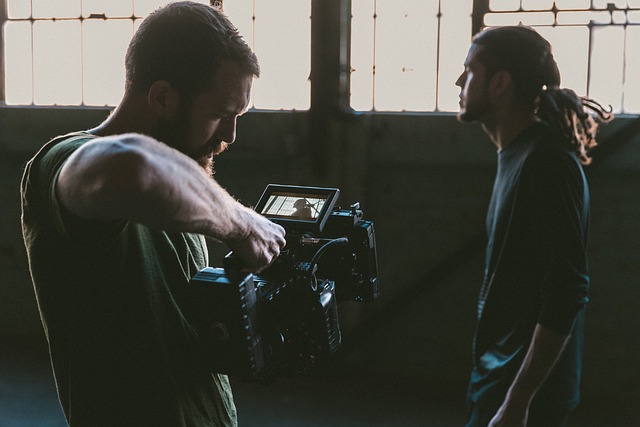




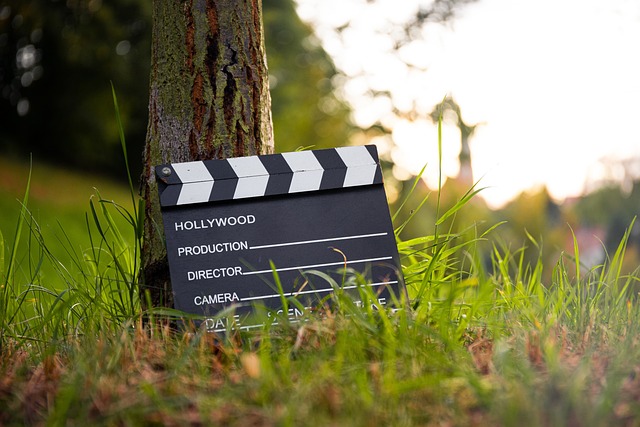

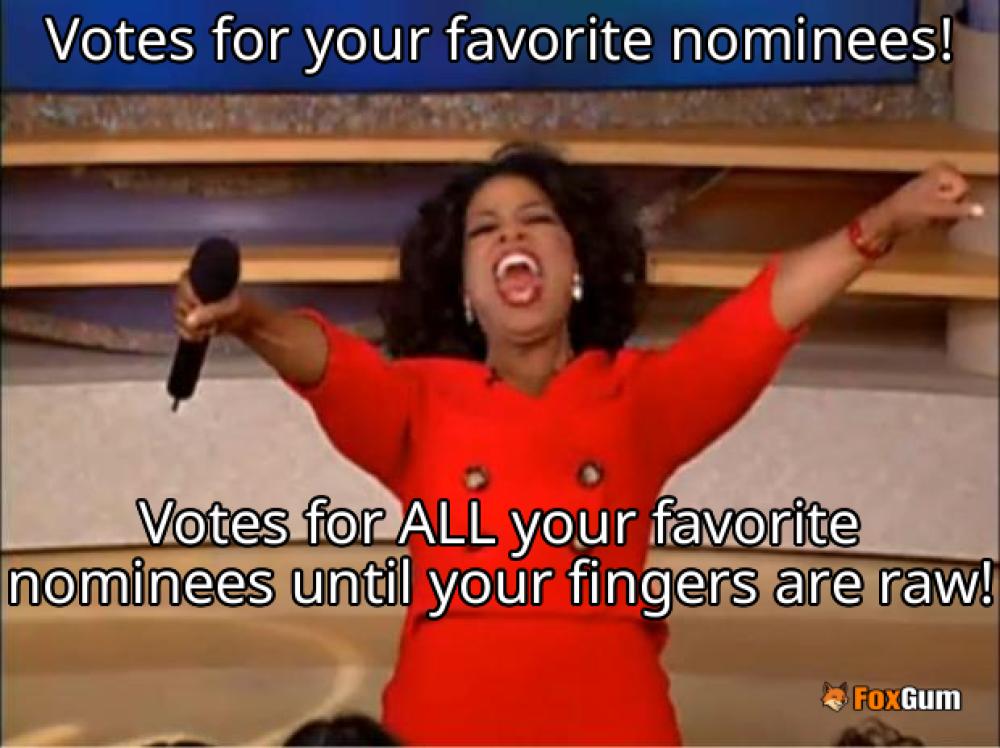




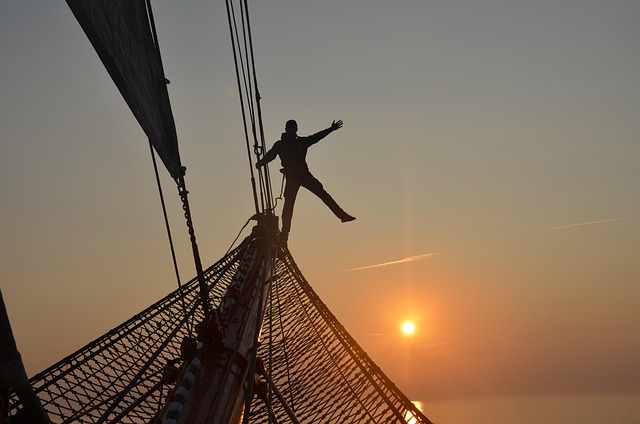



 The Next Chapter of Librarians
The Next Chapter of Librarians 
 Health
Health  Fitness
Fitness  Lifestyle
Lifestyle  Tech
Tech  Travel
Travel  Food
Food  Education
Education  Parenting
Parenting  Career & Work
Career & Work  Hobbies
Hobbies  Wellness
Wellness  Beauty
Beauty  Cars
Cars  Art
Art  Science
Science  Culture
Culture  Books
Books  Music
Music  Movies
Movies  Gaming
Gaming  Sports
Sports  Nature
Nature  Home & Garden
Home & Garden  Business & Finance
Business & Finance  Relationships
Relationships  Pets
Pets  Shopping
Shopping  Mindset & Inspiration
Mindset & Inspiration  Environment
Environment  Gadgets
Gadgets  Politics
Politics 